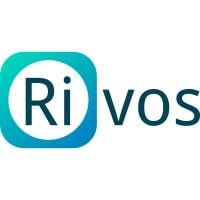
Rivos
Jobs at Similar Companies
Similar Companies Hiring
Jobs at Rivos

Let Your Resume Do The Work
Upload your resume to be matched with jobs you're a great fit for.
Success! We'll use this to further personalize your experience.
No jobs to discover at this time.
back to overview





